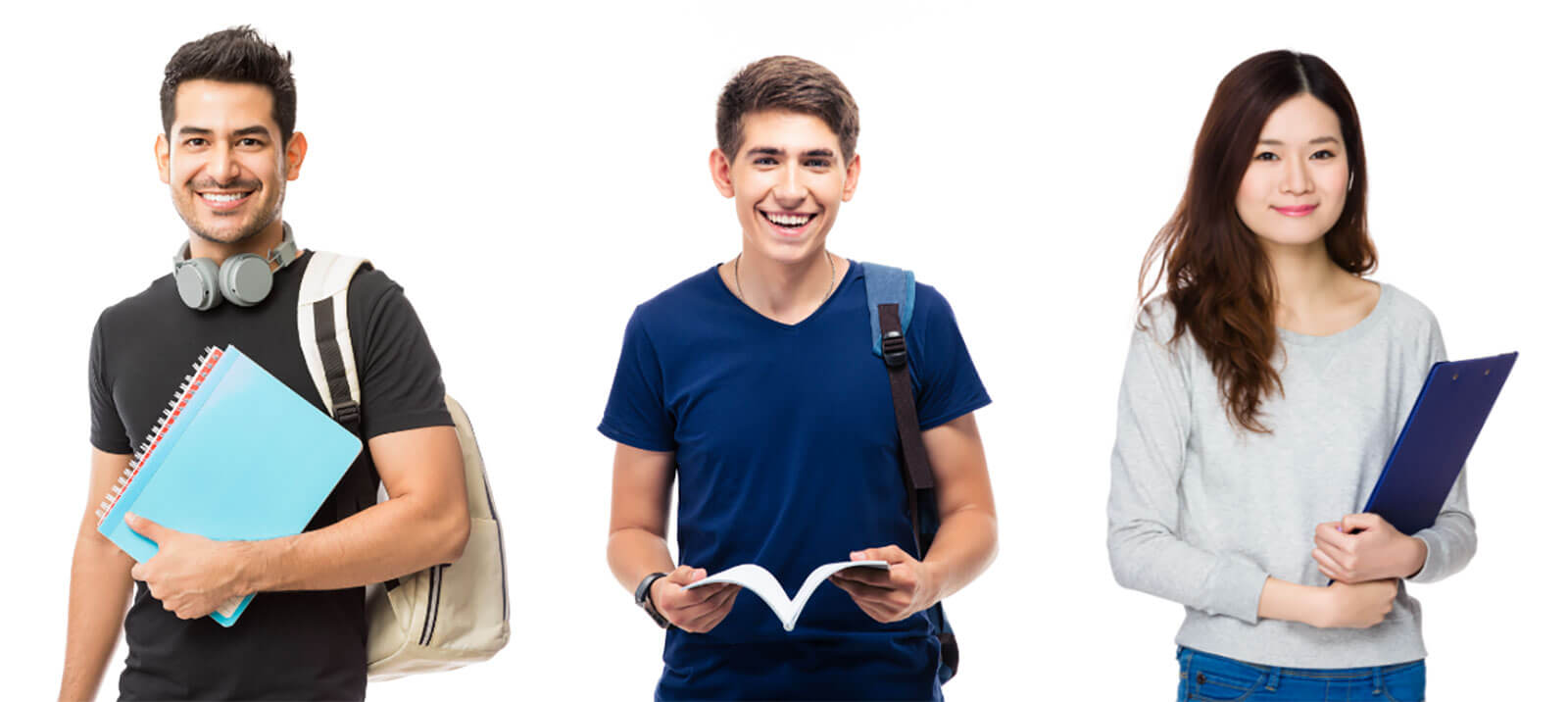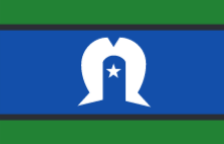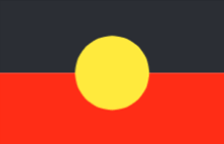International Students
International Students
Sydney and Melbourne are major international cities and of the most popular destinations for International students.
Prior to arrival
What you need to bring with you:
Documents
- All personal identification documents: passport and student visa; driver’s licence; ID card/s
- Study documents; letter of admission offer; confirmation of enrolment (COE); receipts of relevant payments (tuition fees and overseas student health cover); scholarship letter (if applicable)
- Recognition of prior learning for credit evidence; including course outlines and/or original proof of completion
- Medical records and/or prescriptions.
Travel
- Time zones: both Melbourne and Sydney are on Australian Eastern Standard Time (AEST) which is Greenwich Mean time (GMT) + 10 hours. Daylight saving time is from the first Sunday October until the end of March, altering the time to (GMT + 11 hours).
- Luggage allowances vary by airline company so check with them as to exact allowances, but generally when flying economy within Australia, check in luggage allowance is 20kg with one carry on 7kg bag that fits the airline specific dimensions.
- Book to fly to either campus to Sydney International Airport (SYD) or Melbourne Airport (MELB).
Arrival
When you leave the plane at the airport, expect the following as you proceed through immigration, have the following documents ready to show:
- completed incoming Passenger Card (issued and filled out by you on the plane)
- passport
- student visa
Also, keep the following handy:
- letter of offer
- electronic Confirmation of Enrolment
- evidence of having enough money to support yourself during you study in Australia – bank statements.
After immigration:
- collect luggage from the carousel
- continue to Australian customs which are very strict about what you can bring into Australia
- plants and animals and related items need to be declared on your traveller statement – be honest
- you can’t bring prohibited items, including drugs, food and plants and there are limits on alcohol, tobacco and cash
Visit the Australian Border Force website for a list of items you can bring in and goods you must declare (and be aware that you can be fined on the spot for items you don’t declare.
Our weather
Our seasons in Australia (Melbourne and Sydney):
- Summer (December – February) – hottest
- Autumn (March – May) – cooler
- Winter (June – August) – coldest
- Spring (September to November) – warms up again
The weather is Sydney is generally pleasant during all 4 seasons but can also be humid. January is the hottest month with an average temperature of 27’C with strong sun and high winds and the coldest winter days are in July of about 13’C. December brings the most daily sunshine hours and March usually has the most rain.
Melbourne offers warm summers, pleasant springs, mild autumns and cool winters. Maximum Melbourne daily temperatures are about 3’C cooler than Sydney.
What to wear
We generally dress casually in Australia, with jeans and sports shoes generally allowed. In summer you may wear shorts, skirts, T-shirts and sandals, but in winter warmer clothes and a jacket are recommended.
When we hold industry days or work integrated learning presentations or graduation ceremonies, you may need to dress more formally in suits with a tie or more formal or academic outfits to match sector standards. Some labs may require covered shoes. Stay informed of any specific requirements.
Observe and ask questions of staff and buddies as required.
Education Services for Overseas Students (ESOS)
Purpose and Commitment
The Australian Government aims to ensure that international students in Australia have a safe and enriching study experience. As a registered higher education provider, we are committed to delivering quality education services and accredited courses to international students, adhering to all Australian Government regulations and the requirements set by the National Regulator, Tertiary Education Quality and Standards Agency (TEQSA).
Quality and Protection Framework
Australian law guarantees the quality, reputation, and integrity of higher education courses and offers student consumer protection through the ESOS Framework. This framework sets and maintains national standards for providing education services to international students, ensuring their protection and guaranteeing quality education. The key parts of this framework are:
The ESOS Framework applies to all students enrolled in our CRICOS registered courses and studying on the Australian student visa. Under this framework, we ensure current and accurate information about our courses, services, and facilities.
Letter of Offer
Before starting your course, you will receive a written letter of offer from us, which you must accept and sign. This letter includes detailed and current information on: your course, fees, refunds, study options, and other important details and our obligations about how we manage and disclose personal information.
Additional information provided, includes:
- Our practical and informative orientation program
- Relevant student policies, including:
- Academic progress requirements
- Our Student Grievances Policy (including internal and external complaints and appeals)
- Policies on deferring, suspending, or cancelling enrolment
- Support available for students in need
- Internal services available to students (academic and non academic)
- External support services and contacts to help adjust to life and study in Australia.
For further information, refer to the Department of Education Skills and Employment International Student Fact Sheet: https://www.education.gov.au/esos-framework/resources/international-students-factsheet
Responsibilities of International Students
All students must behave in accordance with our student code of conduct, and under the ESOS Framework and Migration Act, there are additional responsibilities and conditions to be aware of, that apply to your student visa.
Student Visa Responsibilities
Holders of a student visa must:
- Understand and comply with all student visa conditions at all times
- Adhere to any work conditions attached to your visa
- Maintain Overseas Student Health Cover (OSHC) throughout your stay in Australia
- Inform us of any change of address or contact details within 7 days
- Maintain satisfactory course progress and associated attendance requirements.
If you breach your student visa conditions, it may result in the cancellation of your Confirmation of Enrolment (CoE). We monitor your course progress to ensure you complete your course within the specified CoE duration. Before making any decisions about your study or changes, you’ll need to consider both your student visa obligations and academic considerations.
For additional information on studying in Australia, visit the Department of Home Affairs.

Melbourne or Sydney Australia

